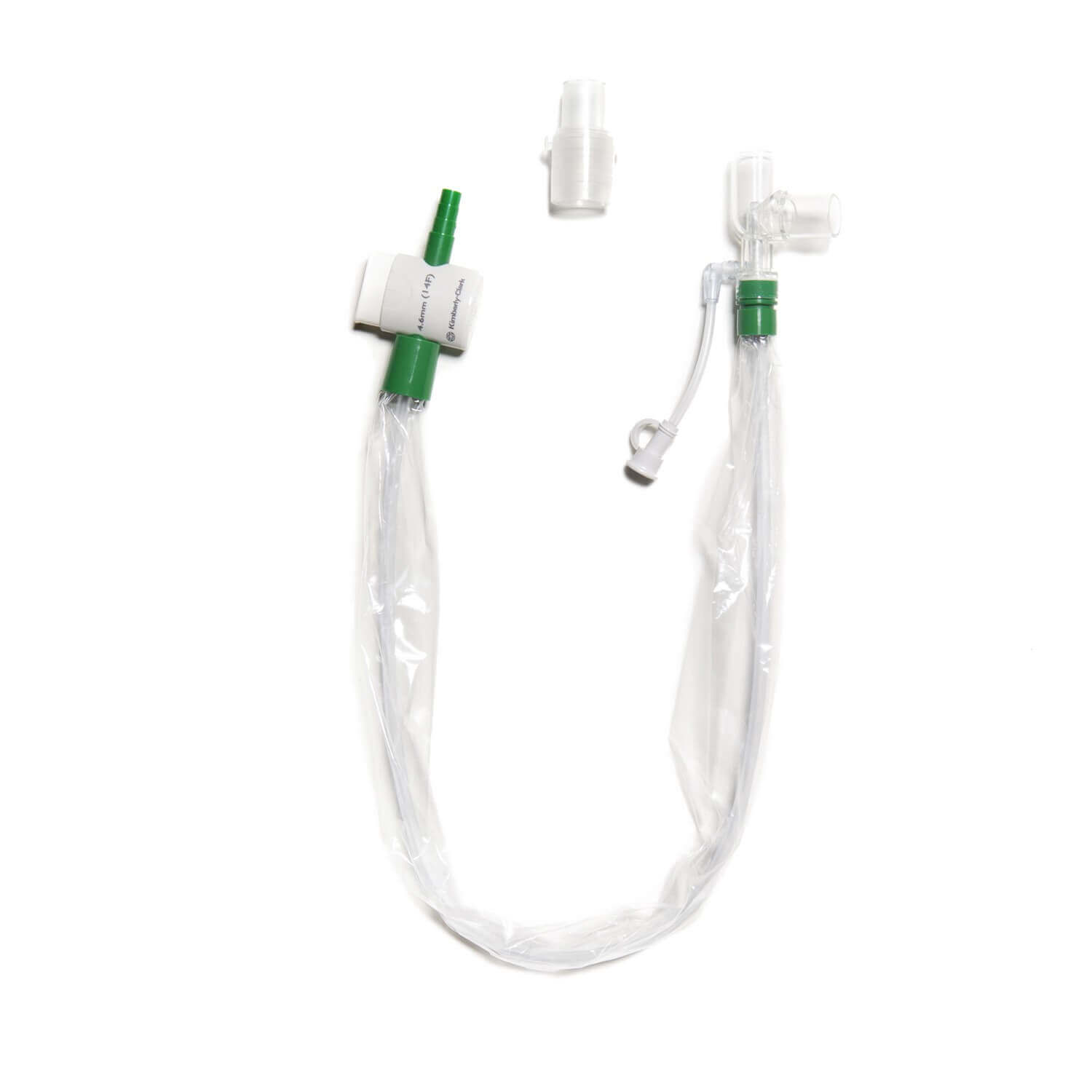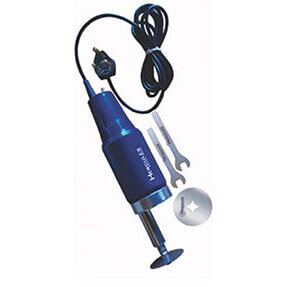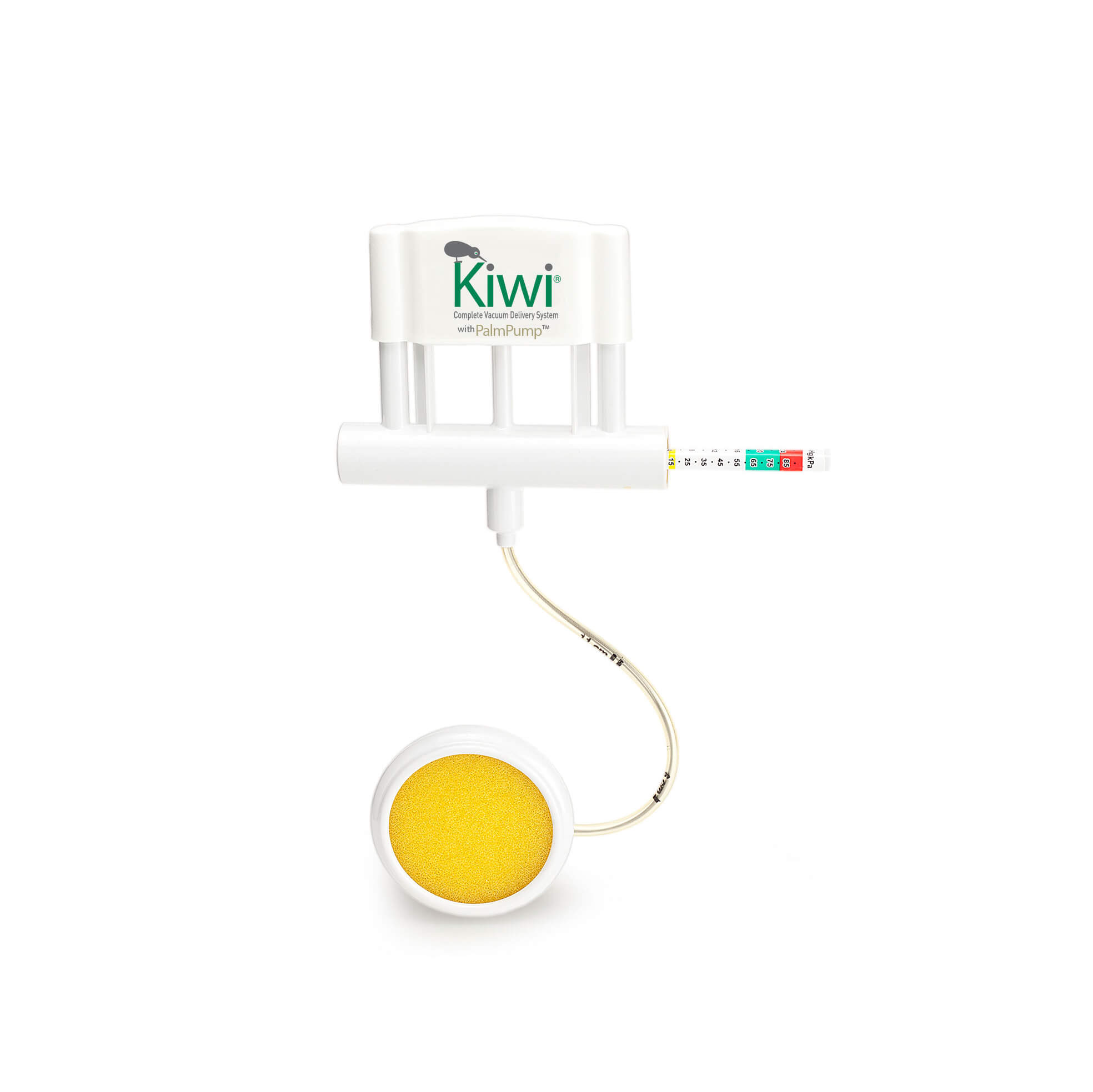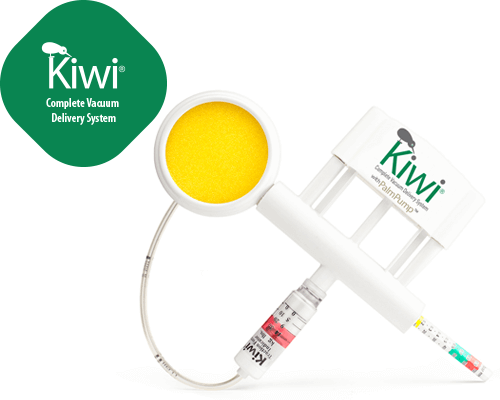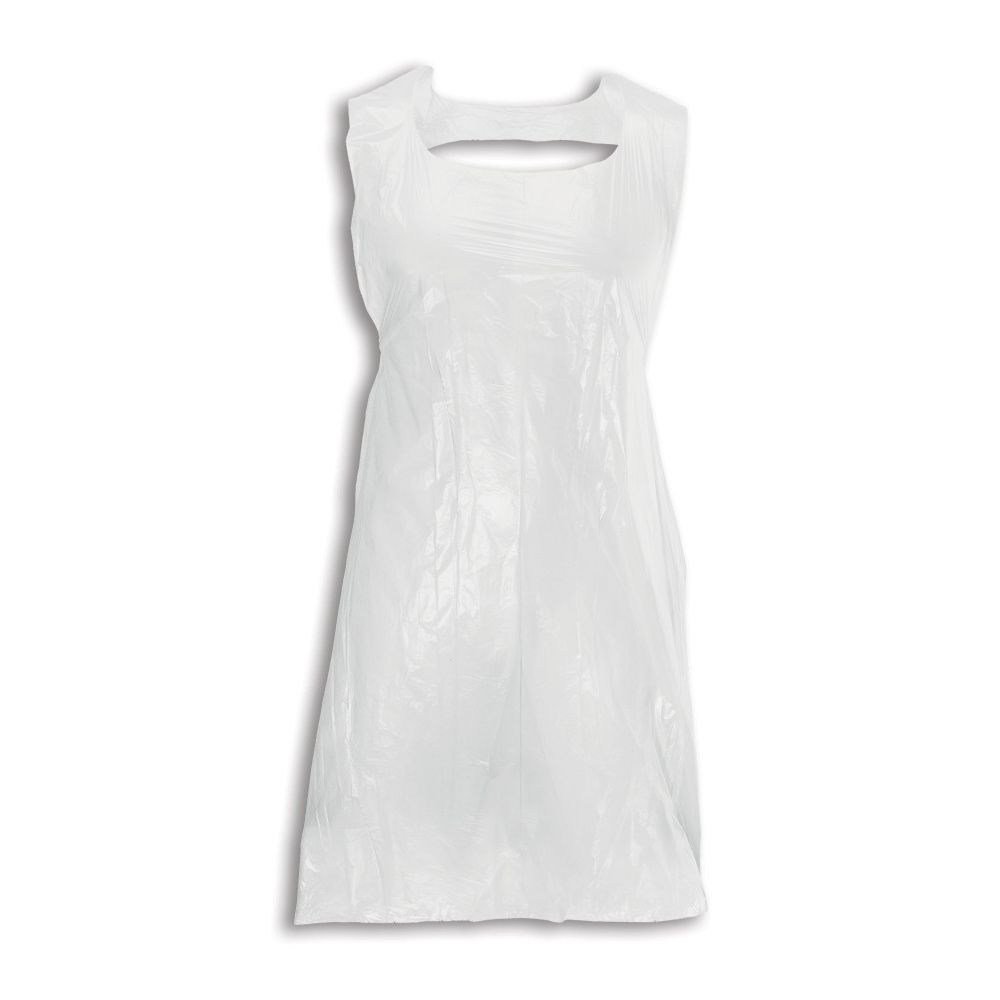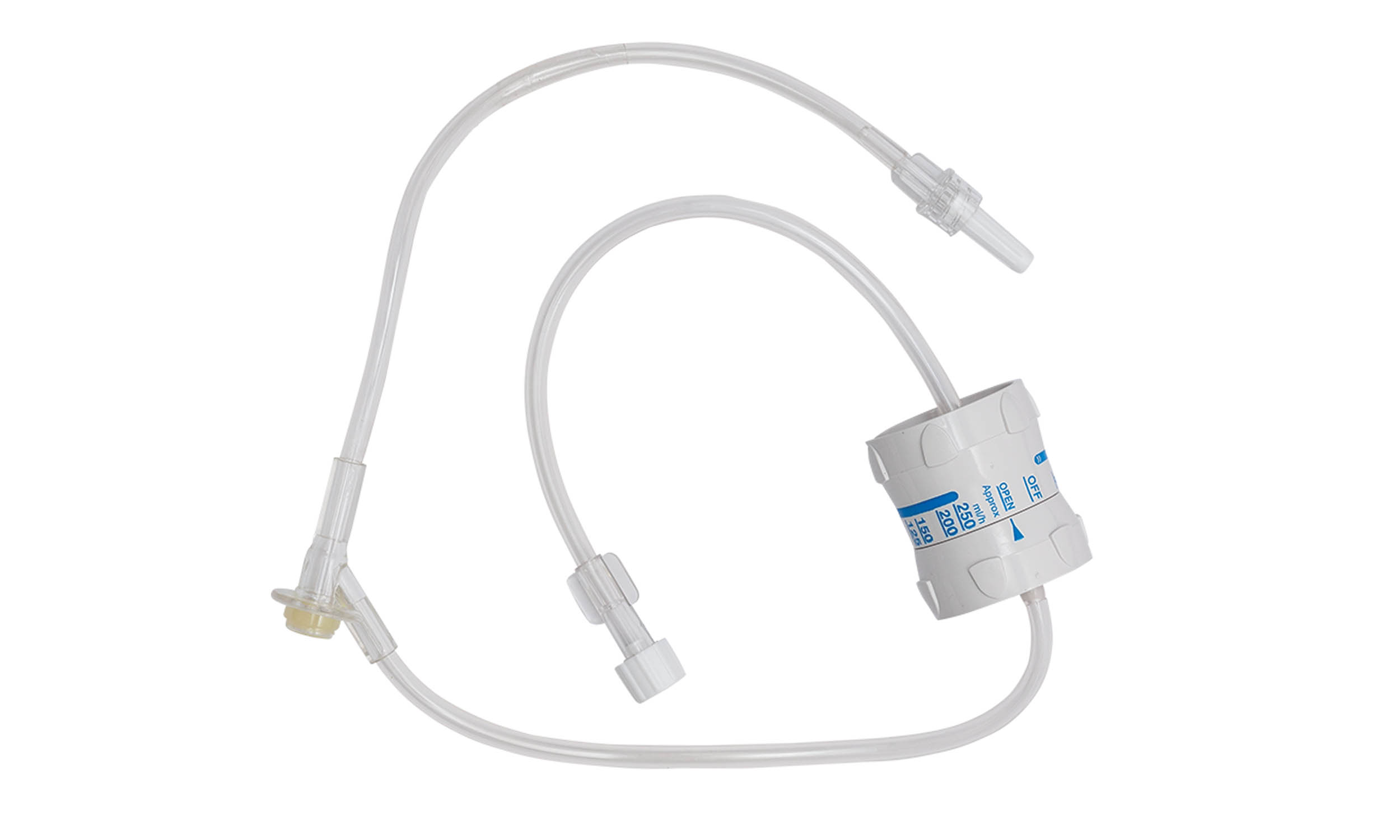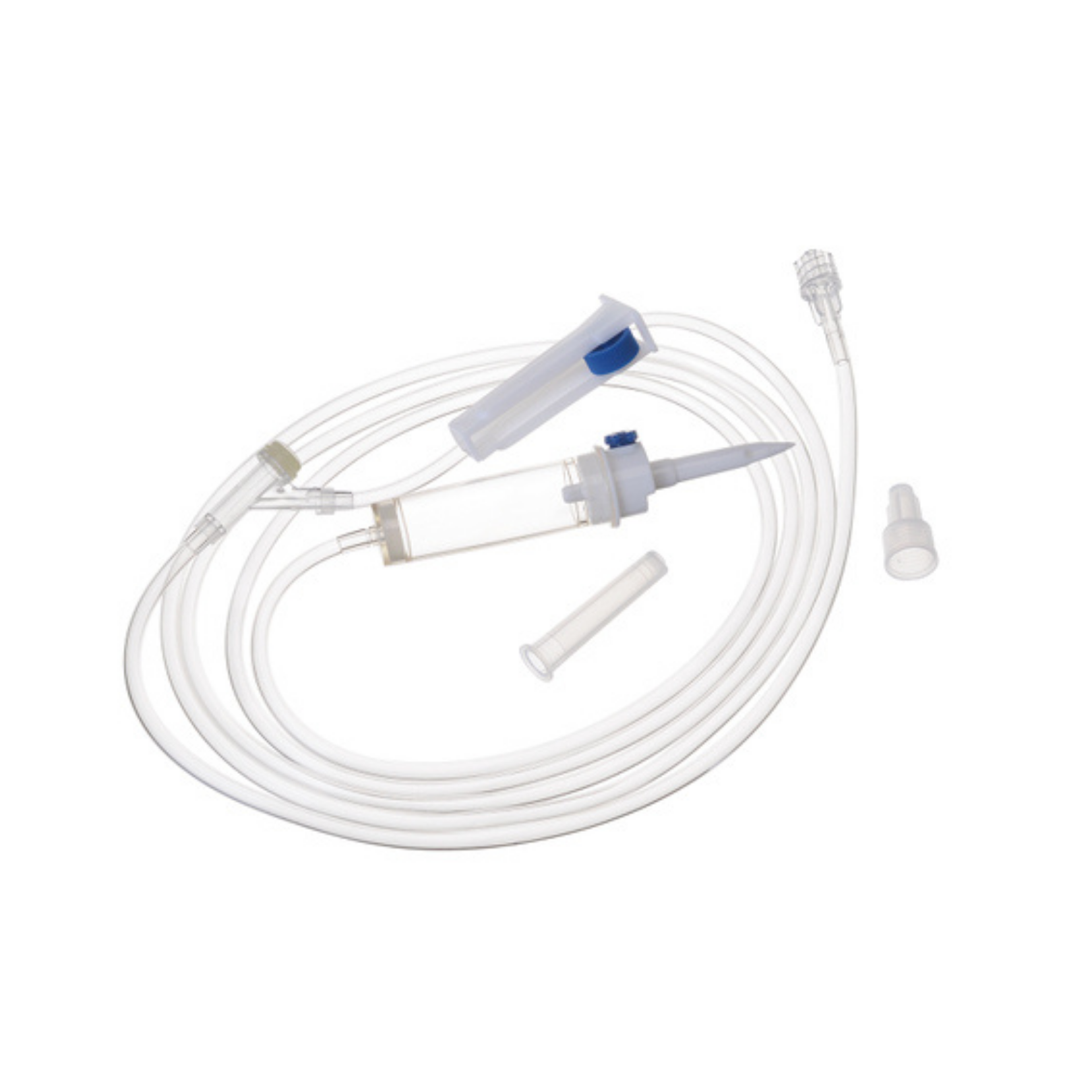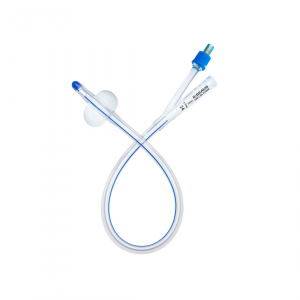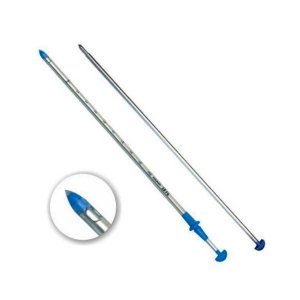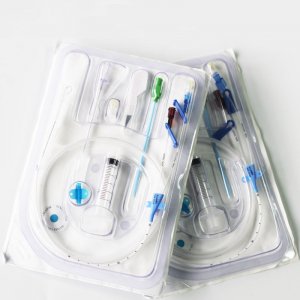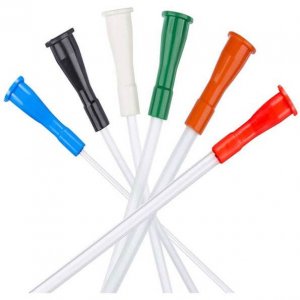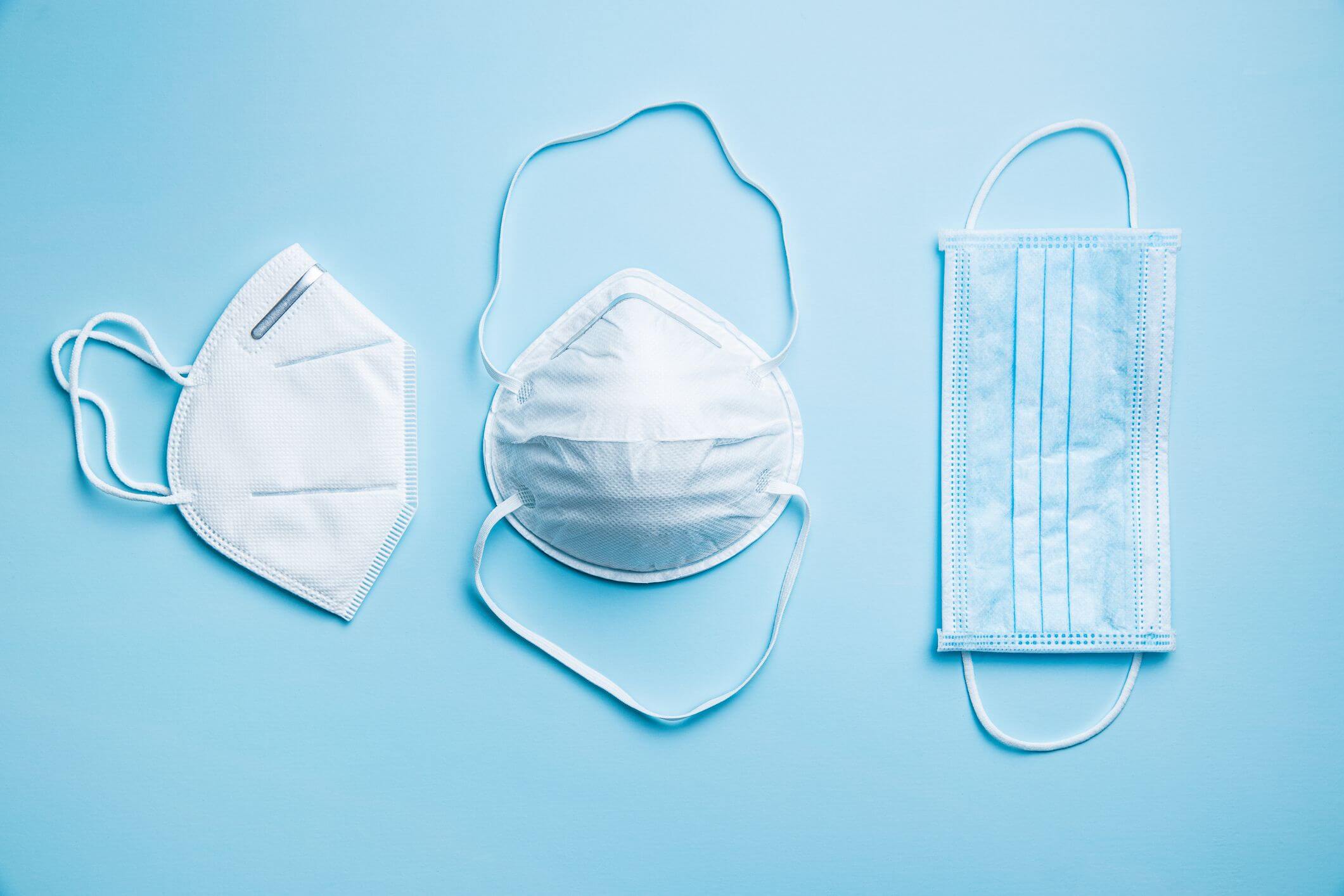Closed Suction Catheter
Closed Suction Catheter
Closed Suction system Child type 24H is an advanced Closed Suction System.
The smart design of the Closed Suction Catheters allows the patients’ breath-mechanical ventilation and sunctioning simutaneously.
Y connector type. ET “Y” neonatal and peiatric care adaptors are available for 5,6,7,8, French sizes closed suction catheter.
Prevent cross infection. The closed suction systems are designed with protective sleeve to isolate the germs inside the patients and helo caregivers avoid cross infection.
Soft and smooth blue suction tip. This design reduces damage to mucous membranes.
Irrigation port with non-return valve which prevents back flow leakage during washing and aerosolized secretion contamination.

Each (all sizes)
Paediatric care adaptors are available for 5,6,7,8,
Sale %25 Abdominal Swabs
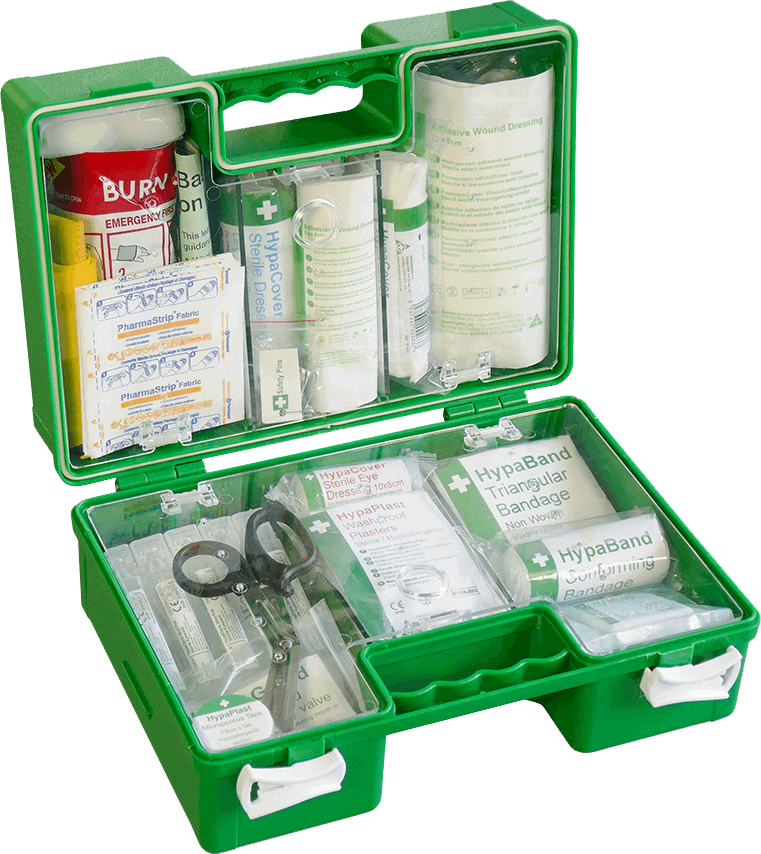
New arrivals
Related Products
Related products
-
Foley Catheter 2 Way Silicone Coated Standard/Paed (Fg.6 – Fg.10)
Foley Catheter 2-Way Silicone Coated Standard Paed.
Features:
Designed to empty the urinary bladder and/or irrigate the bladder as necessary.
All Silicone Catheter can be used for long term drainage.
Proximal End: one tapered end and one balloon port with a non-return valve and fitting for syringe
Distal End: closed round tip with two lateral eyes distal to a 5ml – 30ml Capacity Balloon
Individual Sterile Peel Pack
100% silicone.Specification:
For Adult
-
Thoracic drainage catheter without trocar
Disposable Surgical Trocar Thoracic Chest Drain Drainage Catheter Tube Provides Reliable Suction for Surgical Cases with Larger Amounts of Drainage. Sterile. Latex-Free.
Specification: 200ml and 400ml
Advantages:
Universal stepped adapter allows connecting to kinds of suction tube.
Quality anti-reflux valve totally eliminates liquid reflux.
Maintain wound into humidity balance; Provide a good healing environment.
Drain blood and fluid without any impact on surgical site.
Effective avoids crossing infection, pollution.Category: Catheters Tags: Abdominal operation., Breast, Orthopedics, Thyroid -
Central Venous Catheter (CVC) Kit
Disposable medical triple lumen central venous catheter CVC catheter for venous
Excellent blue soft-tip to significantly reduce risk of vascular trauma
Medical grade material catheter automatically softens under the temperate of 37℃
With radiopaque materials ensure correct placement of the catheter tipCategory: Catheters Tags: finger tip, Made from PVC, Single use, Suction Catheter -
Suction Catheter Respiratory Male & Female
Designed for short term bladder catheterization.
Nelaton tube is made from medical grade thermo sensitive PVC material. Non-irritant to delicate mucous membranes of urethra.
Perfectly finished closed distal end for smooth & painless insertion.
Provided with two side eyes for efficient drainage.
Provided with funnel shaped color-coded connector at the proximal end.
With X-ray opaque line made out of tested and non-toxic PVC material with smooth finish to prevent obstruction of lumen and trauma to urethra by abrasion.
Sterile, non-toxic and hydrogen free.Category: Catheters Tags: bladder catheterization, hydrogen free, Hydrophilic

